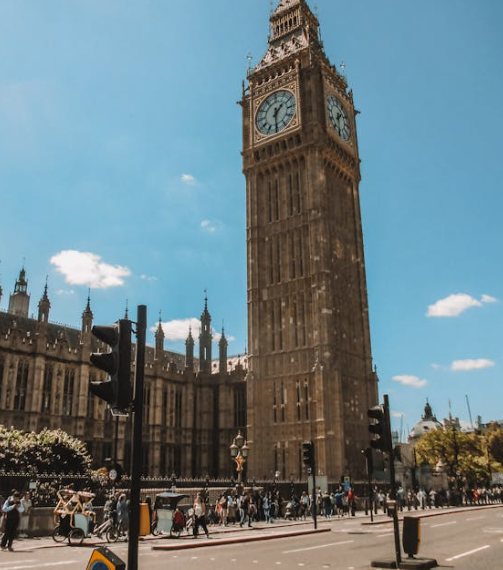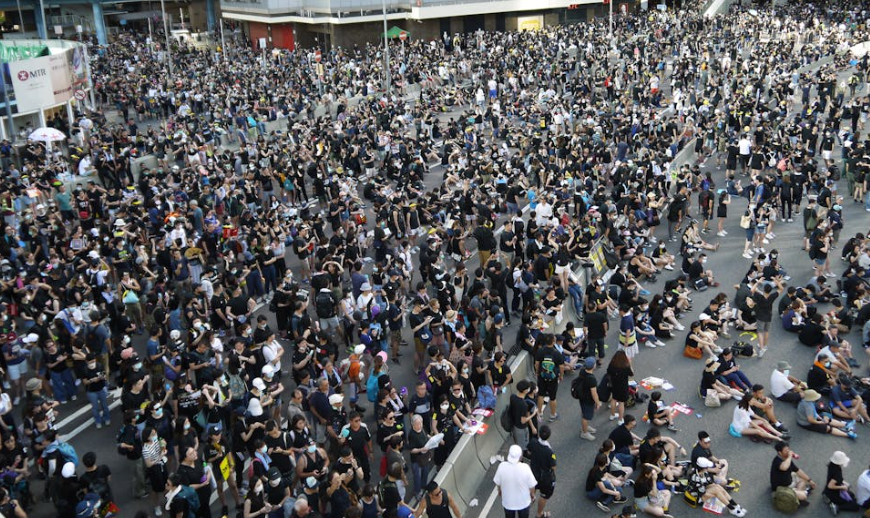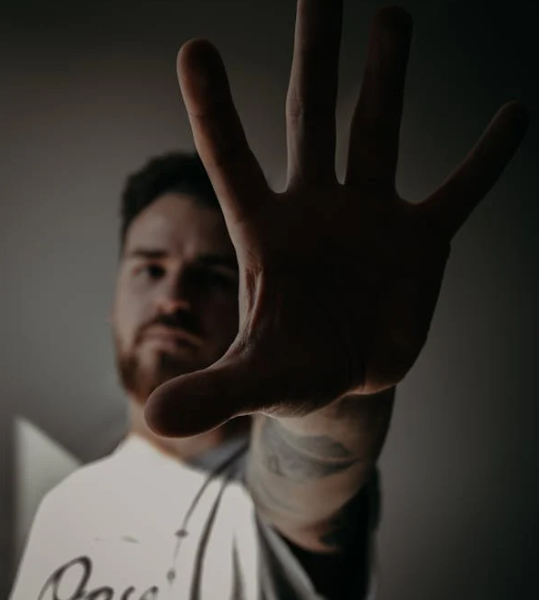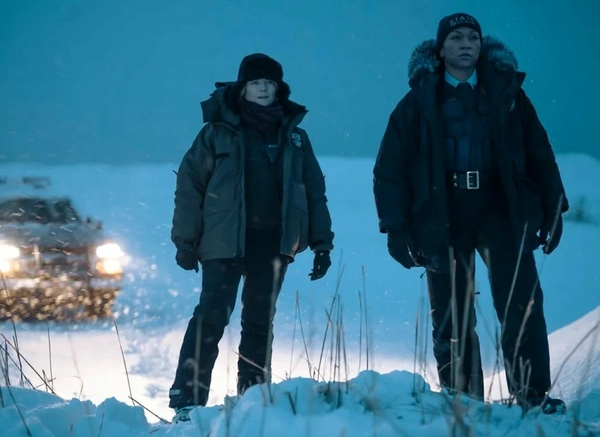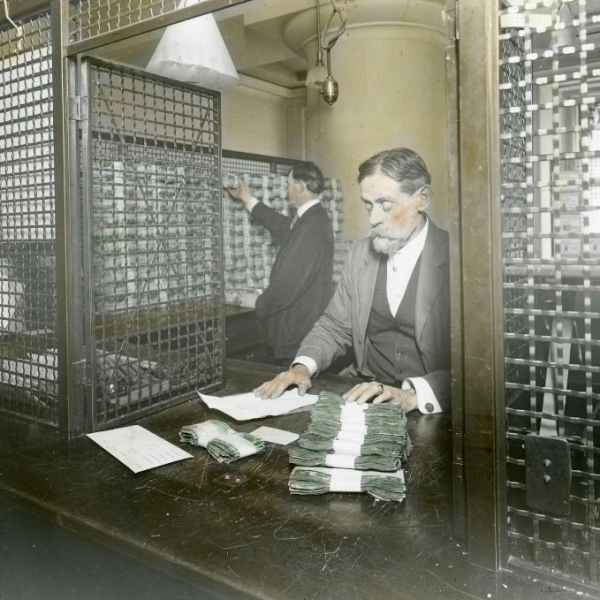Many people praise William Shakespeare for his plays and poems. But some people doubt that a glove-maker’s son from Stratford-upon-Avon could have written such smart, funny, and thoughtful works. Even though there’s lots of evidence that Shakespeare was the author, in the mid-19th century, some people started saying that Shakespeare was just a cover for someone else.
Shakespeare experts don’t believe this idea, but it has attracted attention from famous people over the years. Charlie Chaplin, Mark Twain, and Sigmund Freud all questioned Shakespeare’s identity. More recently, Keanu Reeves joined the doubters. But even though they agree that Shakespeare wasn’t Shakespeare, these doubters can’t decide who the real writer was (or if Shakespeare even existed). Here are some of the most popular and strange theories.
1. The Baconian Theory
In 1856, William Henry Smith doubted that Shakespeare, “a man of limited education,” wrote the plays. He thought Francis Bacon, a statesman, was the real author because of his legal education and court experience.
Orville Ward Owen went further with the Baconian theory. He made a cipher wheel to analyze Shakespeare’s works alongside others. Owen claimed to find a cipher revealing Bacon as Queen Elizabeth I’s secret son. He searched for evidence in a vault under the River Wye but found nothing.
Isaac Platt, a doctor, believed a Latin word in Love’s Labour’s Lost hinted at Bacon as the author. But there’s no hard proof that Bacon wrote Shakespeare’s plays. His few dramas lack Shakespeare’s skill, and there are scientific errors unlikely for Bacon to make.
2. The Oxfordian Theory
Next, Interview with the Vampire author Anne Rice and Keanu Reeves chose Edward de Vere, 17th Earl of Oxford. This theory, proposed in 1920 by J. Thomas Looney, suggests that Oxford had the education and court experience Shakespeare lacked. Looney argues that Oxford might have used a pen name because of the supposed stigma against aristocrats publishing, which wasn’t actually true.
Looney points out that there’s no evidence Shakespeare attended school, but absence of proof doesn’t mean it didn’t happen. There are no records from Stratford’s grammar school. Shakespeare was entitled to a free spot at the school because his father was on the town council. Though Shakespeare didn’t go to university, his likely grammar school education gave him knowledge of Latin, philosophy, rhetoric, and poetry.
Supporters of Oxford argue that he supported theater and had similar life events as incidents in the plays. However, this theory doesn’t explain the differences in writing styles between Shakespeare and Oxford. Also, Oxford died in 1604, but Shakespeare continued writing plays after that. Unless Oxford could write from beyond the grave, this theory can’t be true.
3. The Prince Tudor Theory
All Oxfordians agree that de Vere wrote the plays, but they don’t all agree on the details. The main theory, called the Prince Tudor theory, suggests that Oxford and Queen Elizabeth had a secret relationship. They supposedly had a child named Henry Wriothesley, 3rd Earl of Southampton. Oxford hid clues about Southampton’s royal lineage in the plays and sonnets but couldn’t reveal his identity, so he used Shakespeare’s name.
Another twist to this theory is that Oxford was also Queen Elizabeth’s son, making him both Southampton’s father and half-brother. This more scandalous version, called “the Prince Tudor Part II theory,” was shown in the 2011 film Anonymous.
4. The Marlovian Theory
Some people think Christopher Marlowe, who might have been a spy, wrote Shakespeare’s plays. They say Marlowe’s writing style matches Shakespeare’s. Thomas Corwin Mendenhall and Calvin Hoffman both saw similarities. Mendenhall thought it was possible they wrote similarly. Hoffman believed Marlowe was Shakespeare because of linguistic parallels.
Marlowe’s mysterious death adds fuel to this theory. He was killed in 1593, but nobody knows if it was an accident or a planned attack. He was in trouble for writing about atheism.
But if Marlowe died before Shakespeare’s career took off, how could he have written the plays? Marlovians believe he faked his death to avoid trouble. They say he started using Shakespeare’s name right after he “died.”
5. The ‘Shakespeare Was a Woman’ Theory
Some people think Mary Sidney could be the real Shakespeare. She was a noble-born writer and translator. Robin Williams, not the actor, supports this idea. He says Sidney had the skills and connections to write the plays. Sidney was well-educated, had friends at court, and supported a group of writers. She and her husband also helped fund a theater company that performed some of Shakespeare’s plays.
Williams says Sidney’s romance with a younger man inspired Shakespeare’s sonnets about a “Fair Youth.” He also points out that Shakespeare’s First Folio was dedicated to Sidney’s sons. But that’s not strong evidence. The brothers supported other artists, so they might have funded the Folio even if their mom didn’t write the plays.
6. The Nevillean Theory
In 2005, Brenda James and William Rubinstein suggested diplomat Sir Henry Neville as the true Shakespeare. They said his travels in Europe matched locations in the plays. But this theory ignores some facts. The plays used sources, and they have mistakes in geography. For example, in The Winter’s Tale, Bohemia has a coast, but it’s a landlocked country. This mistake is also in a source used by Shakespeare.
Some say Shakespeare couldn’t have written Henry V because he didn’t speak French. But he could have asked for help. For example, he lived with a French family in London for many years.
Supporters of Neville’s theory also mention the Tower Notebook. They say it contains phrases from Henry VIII. But it’s not proven that Neville wrote the notebook. Also, some parts of Henry VIII may not have been written by Shakespeare; John Fletcher worked with him on that play.
7. The Group Theory
One of the first theories suggested that Shakespeare’s plays were too amazing for just one person to write. From the mid-1850s, Delia Bacon argued that a group of politicians wrote the plays to oppose the government. She believed Sir Walter Raleigh, Francis Bacon, and Edmund Spenser were part of this group. Like other theories, Bacon’s idea is based on classism and lacks evidence beyond interpreting the plays in a mysterious way.
8. The Alien Theory
While not a popular theory, some think Shakespeare’s talent comes from extraterrestrial origins. They argue that only an alien with superior intelligence could write about such a wide range of topics like astronomy, botany, and law. They also point out Shakespeare’s limited paper trail, although documents from the Renaissance were often lost. However, this idea hasn’t gained much support.


